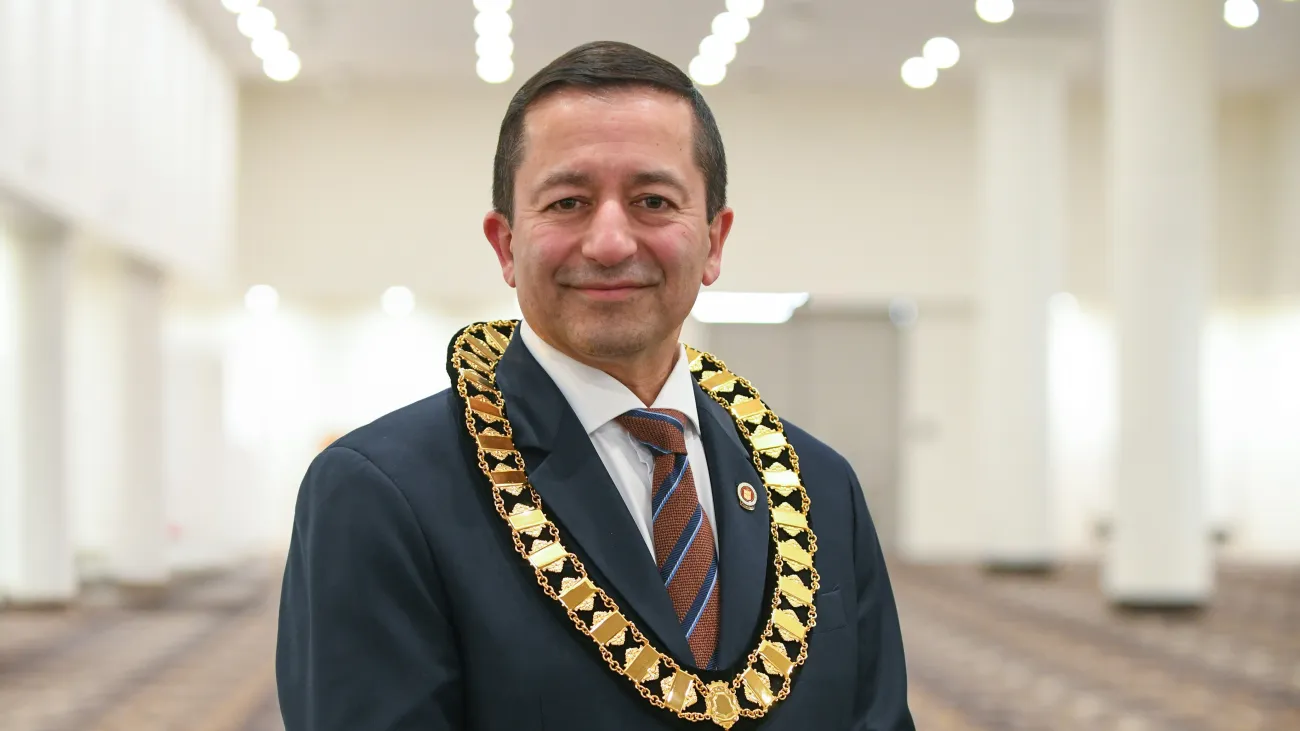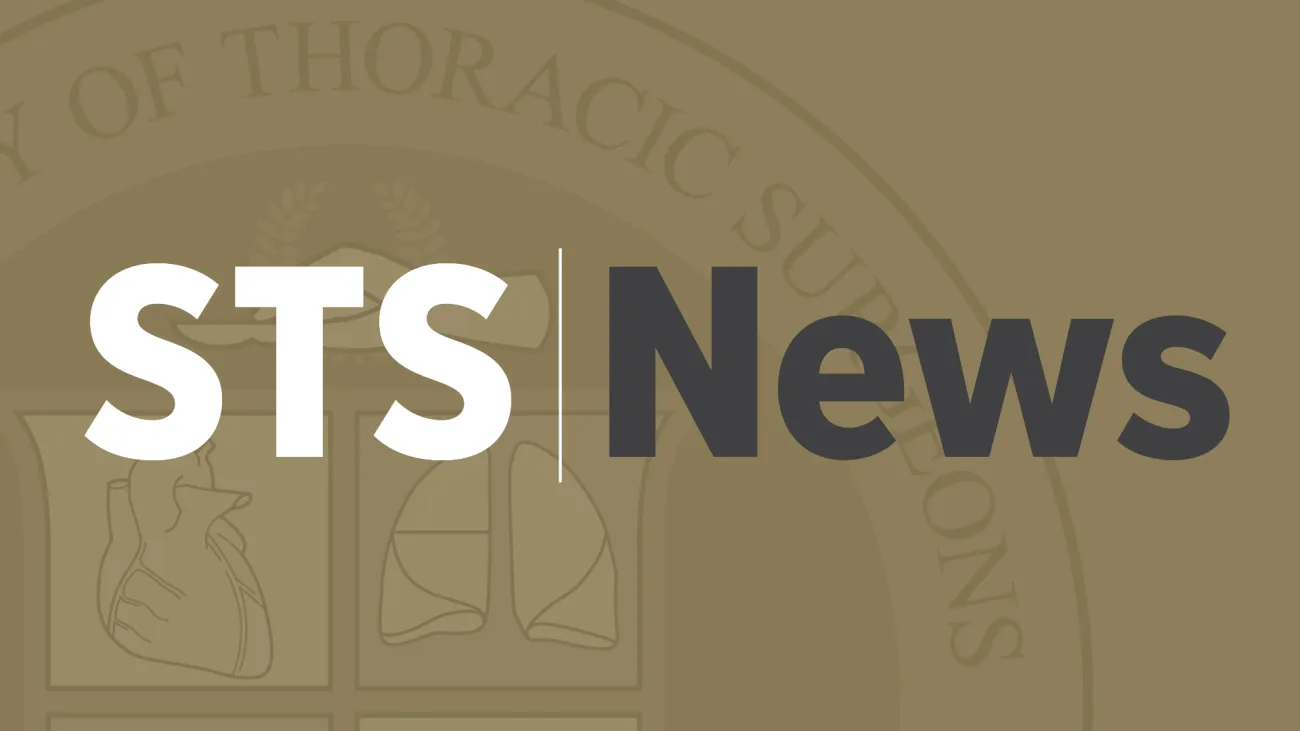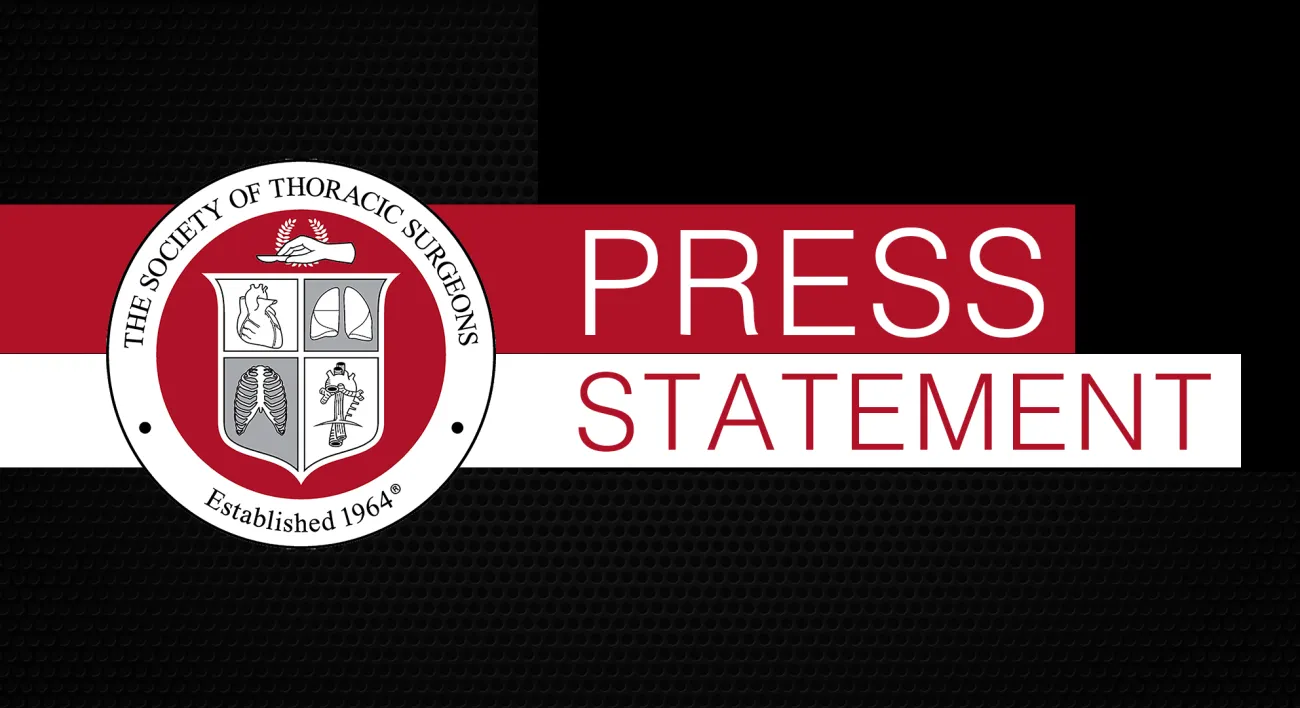


Society of Thoracic Surgeons CEO to Retire in 2026
President Trump Signs Funding Bill

In this message, Vinay Badhwar, MD, begins his term as President of The Society of Thoracic Surgeons focused on three simple but powerful ideas: Excellence, Evidence, Impact. These guiding principles emphasize high-quality surgical care, data-driven innovation, and collaborative leadership to advance cardiothoracic surgery and improve patient outcomes.



The Annual Meeting in New Orleans celebrated the theme of
"Teaching for Tomorrow Together" — moving the specialty into the future with vision, evidence-based learning, collaboration, innovation, and kindness.

Institutional performance and national benchmarks for survival, complications, and other measures.
OpenSTS data for quality improvement initiatives, clinical trials, and research
Improve patient outcomes with guidelines from experienced medical professionals.